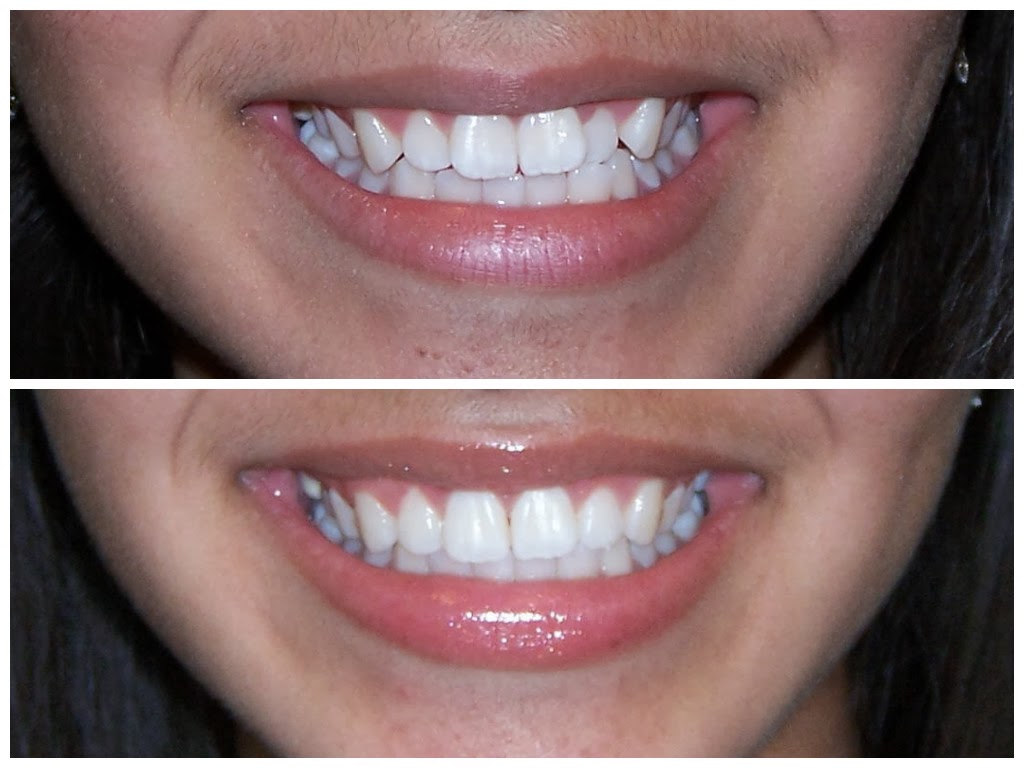Researchers at Columbia University in New York suggest that if you look after your gums, you could also be reducing your risk of heart disease. They claim that improving dental care slows the speed with which plaque builds up in the arteries.
Writing in a recent online issue of the Journal of the American Heart Association, they report a prospective study that shows how improving gum health is linked to a clinically significant slower progression of atherosclerosis, the process where plaque builds up in arteries and increases a person's risk of heart disease and stroke death.
Lead author Moïse Desvarieux, associate professor of Epidemiology at Columbia's Mailman School of Health, says:
"These results are important because atherosclerosis progressed in parallel with both clinical periodontal disease and the bacterial profiles in the gums. This is the most direct evidence yet that modifying the periodontal bacterial profile could play a role in preventing or slowing both diseases."
For their study, the researchers followed 420 adults aged between 60 and 76 from northern Manhattan who were taking part in the Oral Infections and Vascular Disease Epidemiology Study (INVEST).
Measuring Artery Thickness
All participants underwent oral infection and artery thickness exams at the start of the study and at the end of follow-up, which was a median of 3 years.
The oral infection exams retrieved a total of over 5,000 plaque samples. For each participant, the samples came from several teeth and under the gums.
The oral plaque samples were analyzed for the presence of 11 strains of bacteria known to be involved in periodontal disease and seven control bacteria.
Samples of fluid from around the gums were also taken and assessed for levels of Interleukin-1β, a marker of inflammation.
The extent of atherosclerosis, was assessed using high-resolution ultrasound scans to measure artery thickness or intima-medial thickness (IMT) in both carotid arteries.
The results showed that both improved gum health and a reduction in the proportion of bacteria linked to periodontal disease correlated to a slower progression of atherosclerosis, as measured by IMT.
These results did not change significantly when adjusted for factors that could influence them, such as body mass index, cholesterol levels, diabetes and smoking.
Previous studies have linked an increase in carotid IMT of 0.033 mm per year (about 0.1 mm over 3 years), to a more than double increase in risk of heart attack and stroke.
In this study, the participants whose gum health got worse over the 3 years showed a 0.1 mm increase in carotid IMT, compared with the participants whose gum health improved.
Co-author Panos N. Papapanou, professor at Columbia's College of Dental Medicine, says:
"Our results show a clear relationship between what is happening in the mouth and thickening of the carotid artery, even before the onset of full-fledged periodontal disease. This suggests that incipient periodontal disease should not be ignored."
Atherosclerosis and Periodontal Infections
Although the researchers did not look into how bacteria in the mouth can lead to atherosclerosis, one theory suggested by animal studies is they increase inflammatory markers, which can trigger or worsen the inflammation in atherosclerosis.
In a previous study that took measures at one point in time, the team had already found that higher levels of disease-causing bacteria were linked to thicker carotid IMT. This new study builds on those results by looking at the participants over time.
Prof. Desvarieux adds:
"It is critical that we continue to follow these patients to see if the relationship between periodontal infections and atherosclerosis carries over to clinical events like heart attack and stroke and test if modifying the periodontal flora will slow the progression of atherosclerosis."
Funds from the National Institutes of Health (NIH), the National Institute of Neurological Disorders and Stroke (NINDS), the Institut National de la Santé et de la Recherche Medicale (INSERM), among others, helped finance the study.
medicalnewstoday.com





